Ragna in Action: Building AI Document Interrogation Apps with Open Source Tools
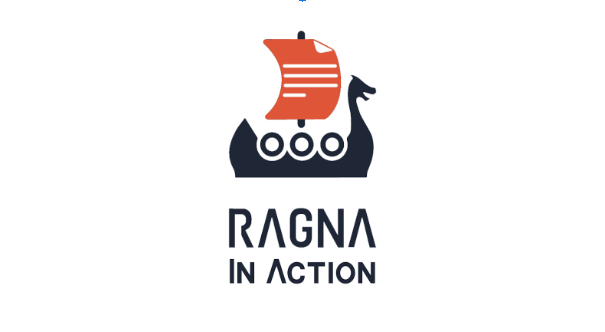
A look at recent presentations on AI, RAG, and Ragna by Quansight’s staff. “For playing around, Generative AI is definitely cool. For asking serious questions about documents, which you’re going to base your business on, I think you still need to do your research and work out how to put some guard rails on it.” […]
Building a GPU CI Service for conda-forge
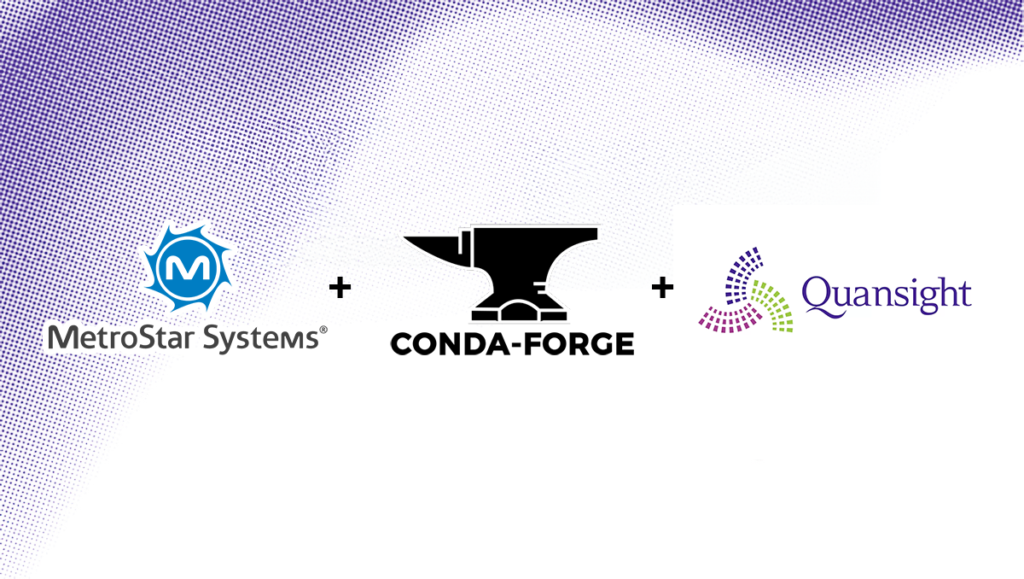
The recent revision of the array API standard marks another major milestone in the collective effort to achieve array interoperability across the Python data ecosystem.
A recent post by Quansight Lab’s Athan Reines on the Data APIs blog shares updates on the consortium’s progress and plans for the future.
Introducing Lightweight Versions of GDAL and PDAL
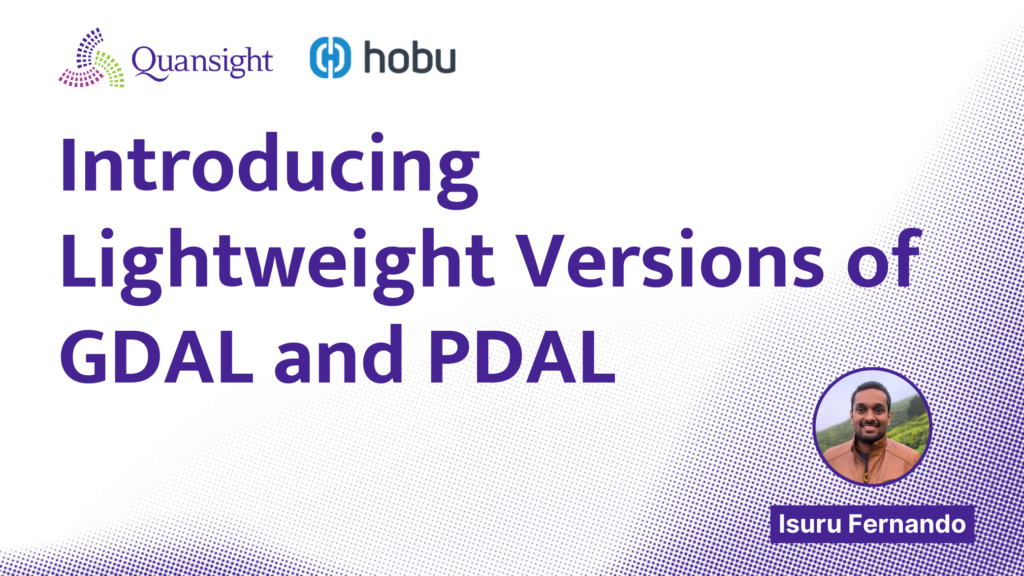
Geocoding is the practice of taking in an address and assigning a latitude-longitude coordinate to it. Doing so for millions of rows can be an expensive and slow process, as it typically relies on paid API services. Learn how we saved our client time and money by leveraging open source tools and datasets for their geocoding needs.
Reverse-Geocoding in AWS Lambda: Save Time and Money Using Polars Plugins

Geocoding is the practice of taking in an address and assigning a latitude-longitude coordinate to it. Doing so for millions of rows can be an expensive and slow process, as it typically relies on paid API services. Learn how we saved our client time and money by leveraging open source tools and datasets for their geocoding needs.
Community-First Open Source: An Action Plan!
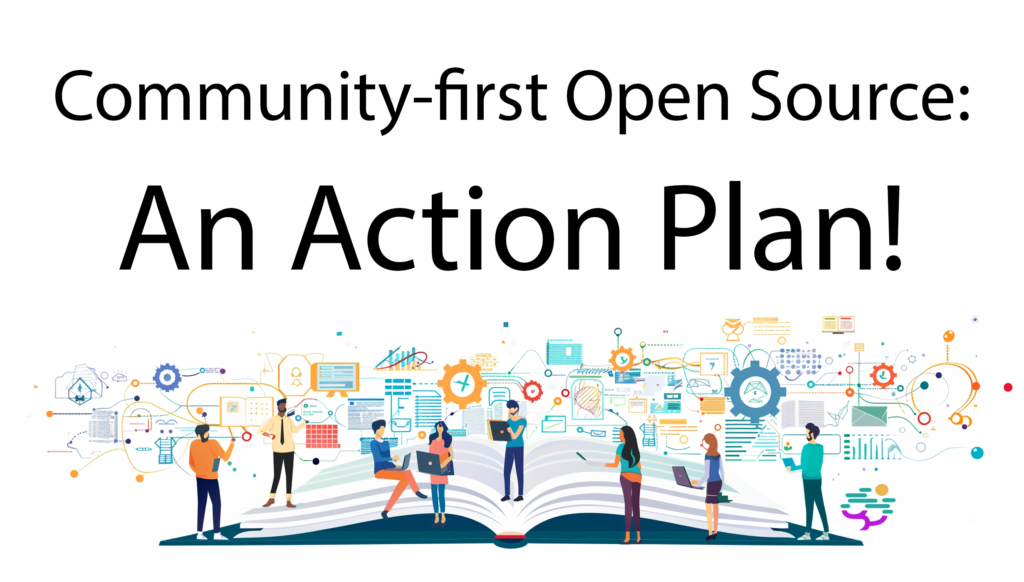
Quansight CTO Dharhas Pothina is here to discuss an action plan for achieving community-driven open source. What is Community-first Open Source? Most open source software (OSS) projects our readers work on are community-first or community-driven. Today, we will explore the transition from company-backed to community-driven open source, define the two, and explain why we are […]
Taming the Toxic Python Environment on your Laptop
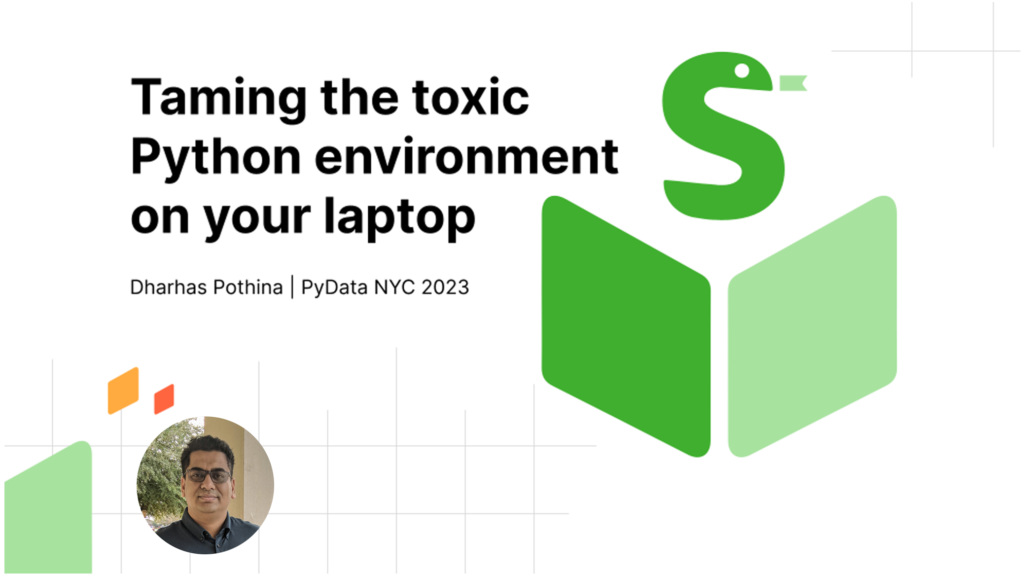
Local Reproducible Open Source Environments with conda-store Are you tired of running into problems every time you install a new Python package, messing up your existing code in Jupyter notebooks? Have you ever told a colleague, “Well, it works on my computer,” only to find out the issue is specific to their environment? If so, […]
PyTorch Progress as a General-Purpose Array-Oriented Computational Backend
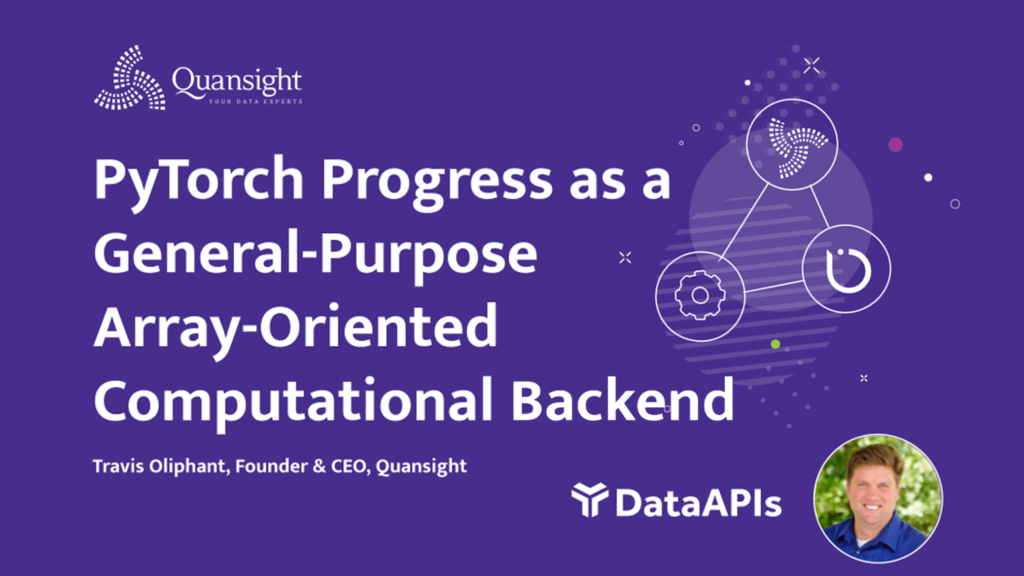
This post was created from Travis Oliphant’s keynote at PyTorch Conference 2023. The full recording is linked below. In recent years, the landscape of scientific and engineering computing has undergone a transformative shift, propelled by advancements in array-oriented programming. At the heart of this evolution lies the SciPy, PyData, and SciPyData ecosystems, which have long […]
Gaining Traction: The Consortium for Python Data API Standards Releases Its 2023 API Specification
The recent revision of the array API standard marks another major milestone in the collective effort to achieve array interoperability across the Python data ecosystem.
A recent post by Quansight Lab’s Athan Reines on the Data APIs blog shares updates on the consortium’s progress and plans for the future.
Nebari: An Infrastructure Engineering Perspective

Hear from Quansight’s Senior Infrastructure Engineer, Chuck McAndrew, on how Nebari has transformed the landscape for deploying data science operations. In a recent conversation with Quansight’s Chuck McAndrew, we explore Nebari’s capabilities, underlying technologies, and impact on reducing operational complexities, thus democratizing data science for various organizational scales. From its humble beginnings running JupyterHub distributions […]
Nebari: The End-User Perspective
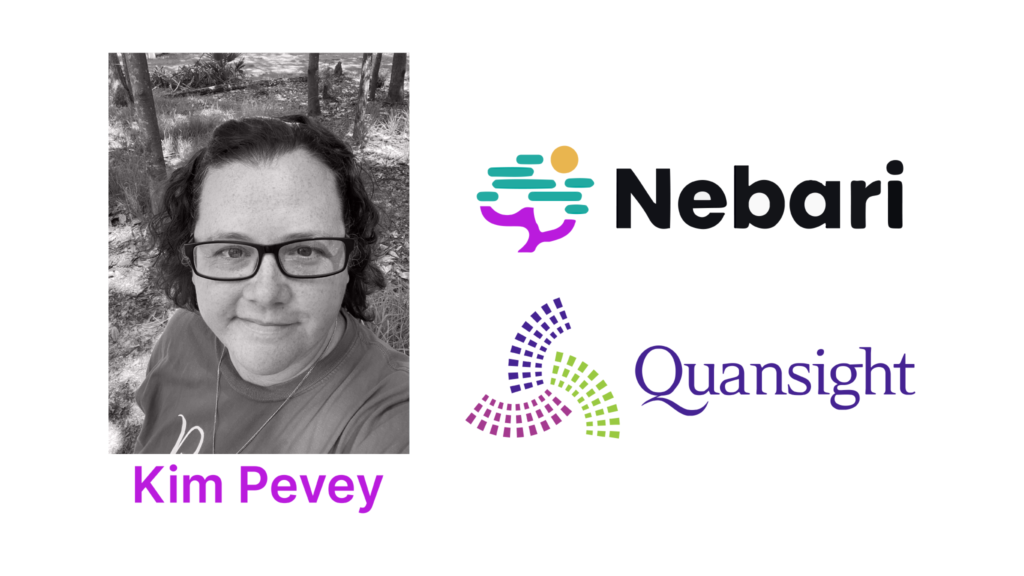
Hear from Quansight’s Kim Pevey on empowering data science teams with collaboration and efficiency. Nebari is emerging as a significant player in data science platforms, particularly for those invested in utilizing Jupyter and related technologies in a team setting. Kim Pevey, a Senior Software Engineer at Quansight and a core member of the Nebari team, […]
